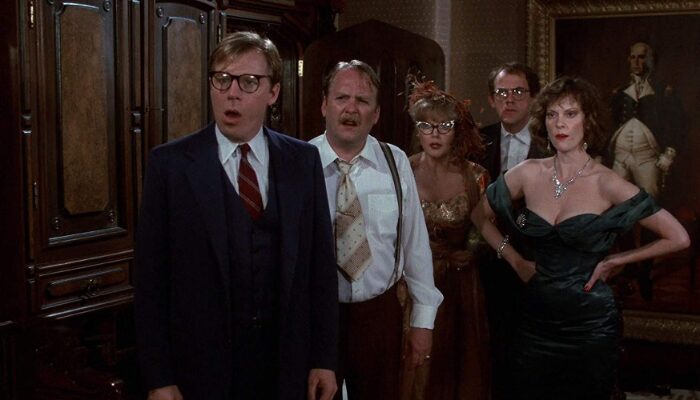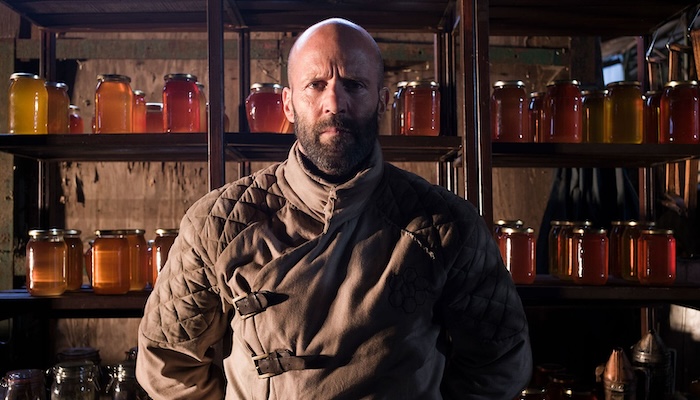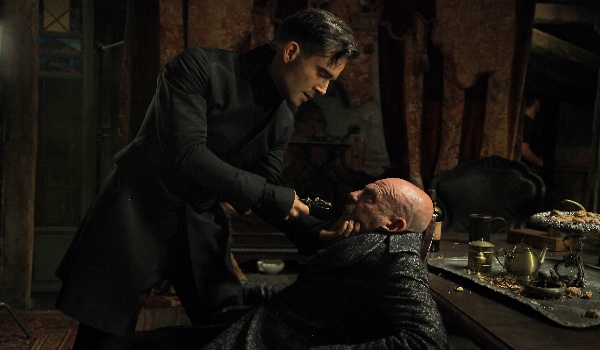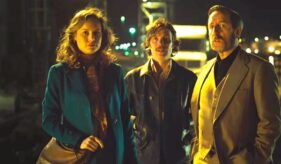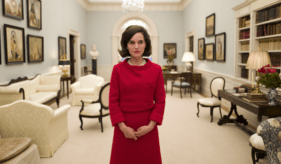Film Review: THE DUELIST: A Stunning, Emotional Journey [TIFF 2016]
The Duelist was a visually-stunning, emotional redemption story.
The Duelist (2016) Film Review from the 41st Annual Toronto International Film Festival, a movie directed by Aleksey Mizgirev, starring Petr Fedorov, Vladimir Mashkov, Martin Wuttke, Julia Khlynina, and Yuri Kolokolnikov. This film was far more than a historical drama.
Set in 19th century Imperial Russia, the story revolves around a retired army veteran who makes a good living by settling duels for aristocrats, a common practice of the era. Source: IMDb. Yakovlev is our hero, the duelist, and Fedorov carried this weighty epic (over two hours watch time) on his shoulders in the way of Russel Crowe in Gladiator (2000) or Jim Caviezel in The Count of Monte Cristo (2002). Fedorov was a revelation. Both vulnerable and venerable, Federov played the broken-but-not-defeated Yakovlev with incredible grace.
Mizgirev clearly chose this period in which to tell his story because it was ripe with irony. Here, we saw the Russian nobility swimming in opulence but engaging in a sort of cannibalism by way of dueling. The Duelist shines a light on the lunacy of a fad that encouraged self-destruction of the highest class of people. Even our hero was self-destructive. One would have to be suicidal in order to engage in such insanity, right?
American classic westerns mostly glamorized shootouts and duels. Despite dusty landscapes and tumbleweed, gunmen were superheroes in weathered dusters. The Duelist, however, is drained of all glamor despite the rich appointments. Specifically, a scene with Russian roulette was difficult to watch without wincing. There were audible gasps throughout the audience. The scene was silent, and arresting, condemning the aristocratic spectators.
Better yet, juxtapose The Duelist with The Shootist (1976), and you’ll see where Mizgirev‘s perspective differs from the Hollywood shootout spectacle. There is no thematic, orchestral music to introduce the shooters. The duel is a quiet, quick appointment with death, nothing more. Yakovlev is cool and confident like you might find in a Western hero, but he despises himself and his “gift” for murder. Meanwhile, our villain, Beklemishev, played with diabolical reserve by Vladimir Mashkov, harbored the quintessential motivations of a dishonorable man struggling to remain as the pillar of honorable society. Unfortunately, there is nothing new there.
The cinematography was fantastic. Perspectives, at times, felt voyeuristic. We were peeping through woodwork in the stairs or capturing a conversation of corruption from the corner of the floor across the room. We could have been a cat slinking into the room, eavesdropping. Sometimes, we were right in the middle of an emotional exchange. Mizgirev managed to make IMAX feel intimate – even uncomfortable. At other times, the camera deprived us of direct involvement in the action or drama unfolding. We were forced to look away and concentrate on the faces of the witnesses to the duels. We felt or heard rather than watched the deciding moment with the aftermath as our only consolation.
Nevertheless, you will enjoy the look of this feature. Shot on IMAX technology with a nostalgic nod to the Western genre, the film felt like a Hollywood production on a shoe-string budget handled with acute care. The 19th-century setting seemed authentic from the mud-caked streets in the dreary outdoors to the polished, expansive, ornate interiors (although, I don’t claim to be a Russian history expert). The costumes were impeccable. Our nobles were sporting gothic interpretations of Anna Karenina-esque luxury. Each fabric leapt off the screen and wrapped you in tailored leather, and embroidered satin, silks and wools. Clearly, Mizgirev paid pain-staking attention to detail while telling this dark tale.
All in all, The Duelist was largely a love story. This contract killer’s motivation and shield was love. The Duelist is also a spiritual journey for redemption. Yakovlev was more than good at what he did. He was hounded by ghosts, but propelled by the faintest hope. By the end, we contemplate the mystical, spiritual and deeply personal aspects of his lifestyle. Is he blessed, or cursed? Maybe neither, maybe both.
The Duelist was clearly a labor of love (14 years of production, from conception to final cut). This piece is so extravagant and modern, yet could feel so raw and simple it pierced right to the heart. Juggling historical authenticity with an emotional story, Mizgirev left nothing on the cutting room floor, making every minute of The Duelist worth seeing.
8/10
Leave your thoughts on this review of The Duelist and on The Duelist in the comments sections below. Readers seeking more film reviews can visit our Movie Review Page, our Movie Review Facebook Page, and our Movie Review Google+ Page. Want up-to-the-minute notifications? FilmBook staff members publish articles by Email, Twitter, Tumblr, Google+, and Facebook for quick updates.
Related Articles
FilmBook's Newsletter
Subscribe to FilmBook’s Daily Newsletter for the latest news!





